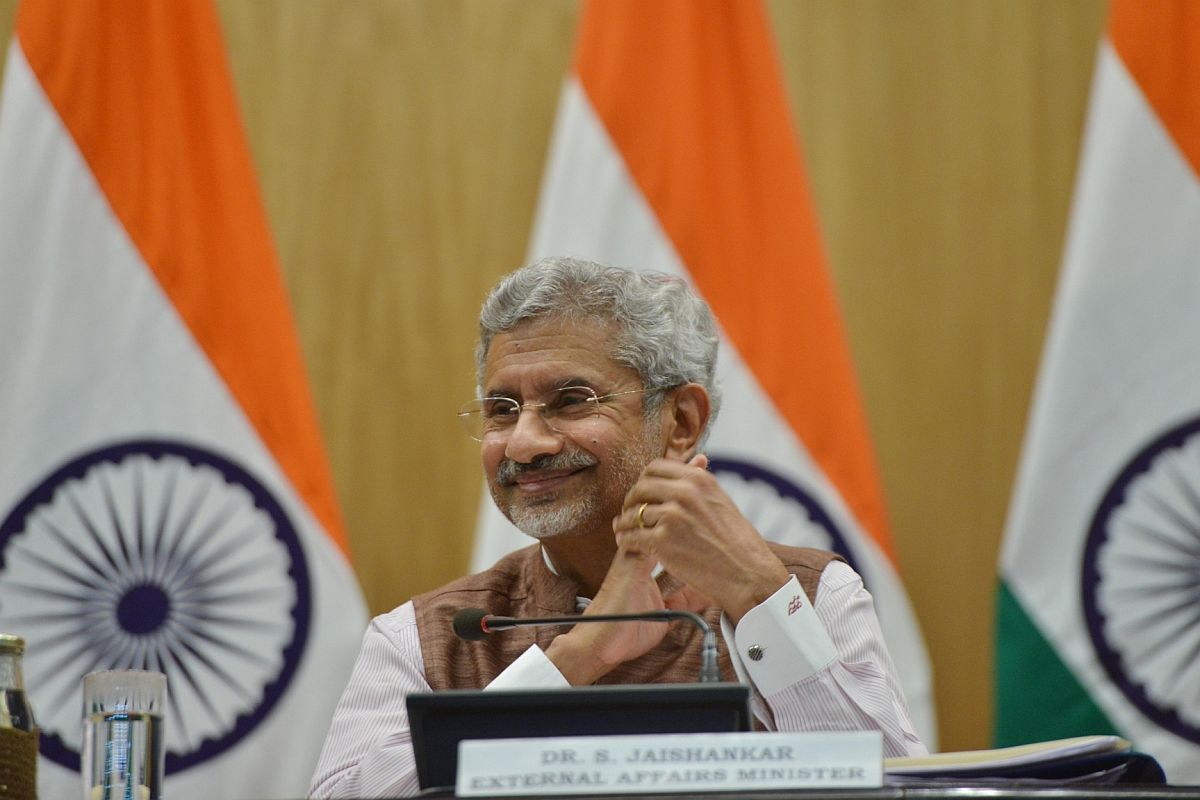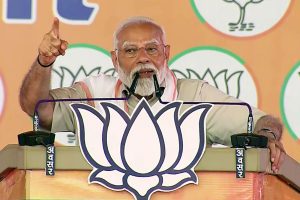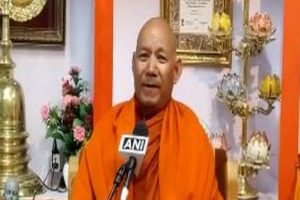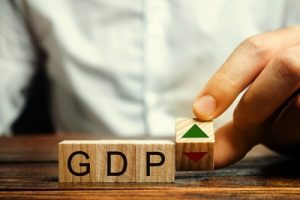External Affairs Minister S Jaishankar on Tuesday said that once India triggers development in Jammu and Kashmir, all of Pakistan’s plans for the last 70 years against the state would come to an end.
Talking to a top US think tank in Washington, Jaishankar said that there are “vested interests” built over 70 years – local vested interests as well as vested interests across the border.
“If we manage to get development in Kashmir, everything Pakistan planned for the last 70 years comes to naught; it’s not something they are going to let happen easily,” he added.
The foreign minister asserted that a decision of this magnitude (abrogation of Article 370) was not one which was taken lightly. “It was done because there was no other way. There would be transitional risks when you take the status quo on anything, in a very substantial way, there would be reactions,” he said.
The minister also pointed out that the current suspension of the mobile network in the Kashmir valley is aimed at preventing the misuse of internet and social media for radicalising and mobilising anti-India forces and to ensure that no loss of life occurs during the transition to the development phase.
Many of the restrictions which have been imposed are precautions to ensure there is no loss of life, he reiterated, adding these are common sense precautions. “There is a lot of experience which has gone into that precaution. If you look at the events in 2016, for example, we saw how the internet and social media was used to radicalise and to mobilise,” he said.
“So obviously, if you’re going to walk into this situation, you are not going to let the internet be misused by people whose intentions are malevolent. I’m not minimising the challenges, but I think the intent is really to persevere and to make sure that there are enough changes on the ground so that people’s thinking also change accordingly,” Jaishankar said.
Jaishankar made the remarks in reply to a question after his major foreign policy speech at the Centre for Strategic and International Studies, a top American think-tank.
Jaishankar in his speech also cited the Northeast region which remains largely peaceful in the current scenario.
“We are today focussed on Jammu and Kashmir. I grant you that’s a pretty unique situation but India has experienced in its own northeast regions, tackling very difficult challenges. Today if you see, the northeast is largely peaceful.”
Pointing out that the development card has worked in the Northeast, the minister said the people in the region are employed and are not throwing stones at security forces.
“It has worked even to the point of a very strong political mainstream of Northeast where national parties today have a lot of support,” he added.
Earlier in his address, the EAM had said that for many years, India sought a solution while Pakistan was comfortable with continuing cross-border terrorism.
Last month, Jaishankar had said that India has no problem talking to Pakistan, but it has a problem talking to “Terroristan”.
Last month, Jammu and Kashmir Governor Satya Pal Malik had also highlighted this when he said, “If we are able to take Jammu and Kashmir to the path of development, which is very much possible, the day is not far when the PoK residents, facing the worst situations under the occupation of Pakistan, will race towards us on their own.”
India is leaving no stone unturned to thwart attempts by Pakistan to internationalise the Kashmir issue at all the international forums be it at the UN or any other forum.
India has categorically told the international community that the scrapping of Article 370 to revoke the special status of Jammu and Kashmir was an internal matter and also advised Pakistan to accept the reality.
Tensions have been simmering between India and Pakistan ever since the Centre on August 5 revoked Article 370 of its Constitution that gave special status to Jammu and Kashmir and divided it into two Union Territories – Jammu and Kashmir and Ladakh.











